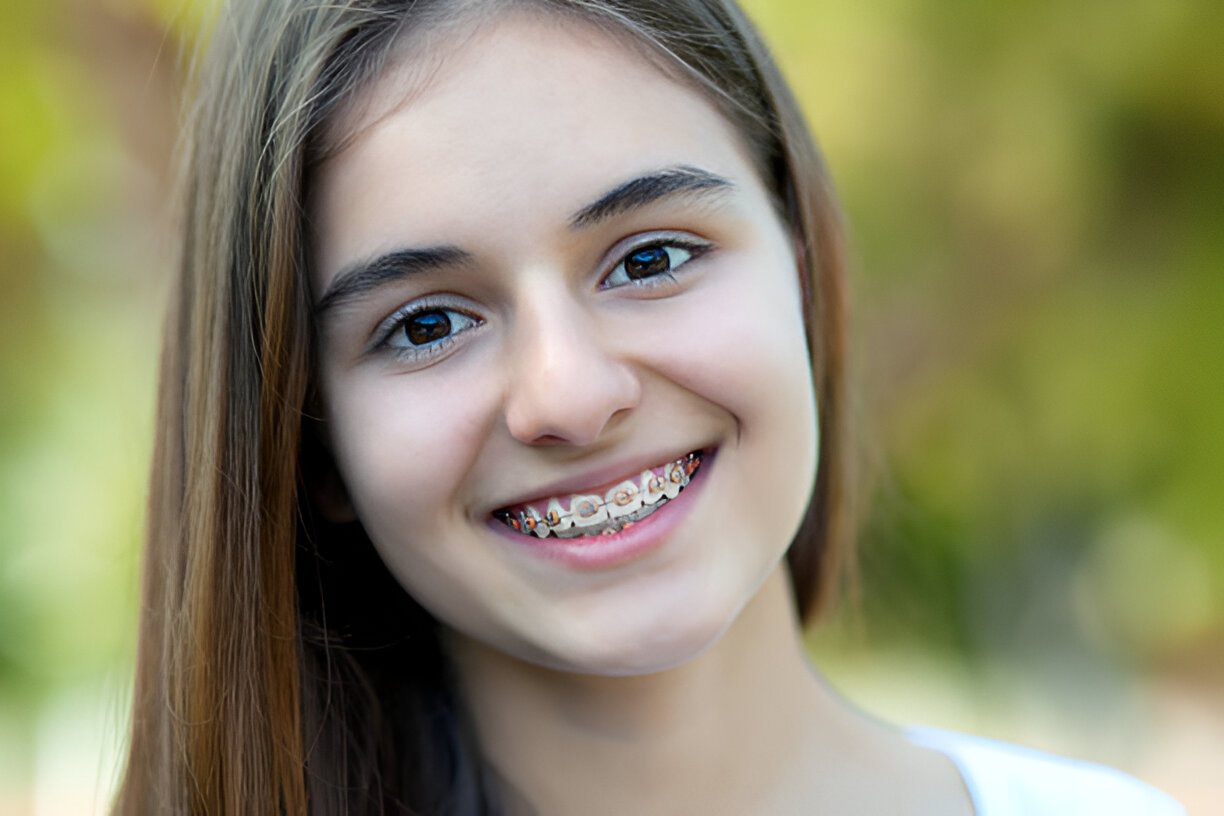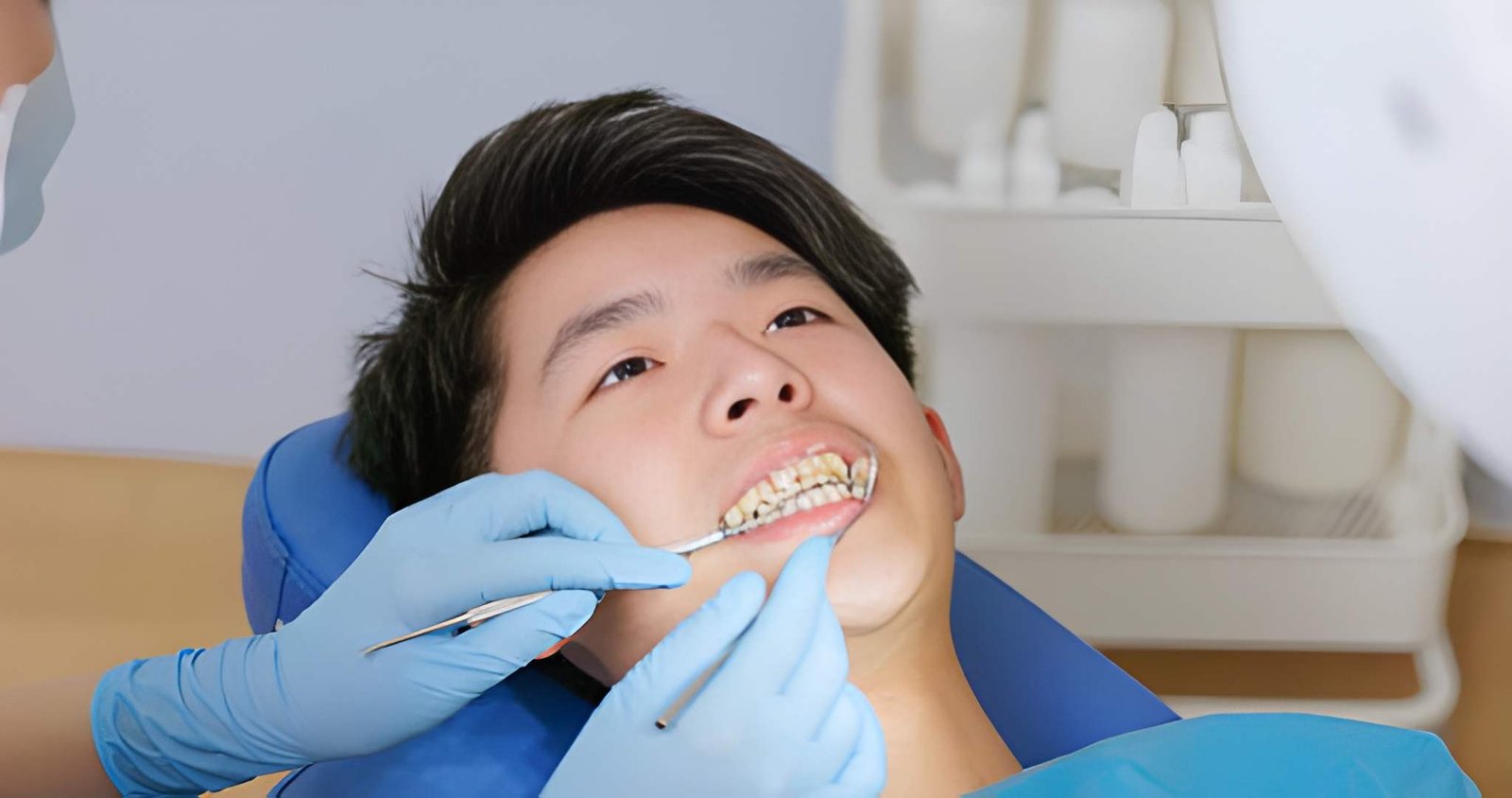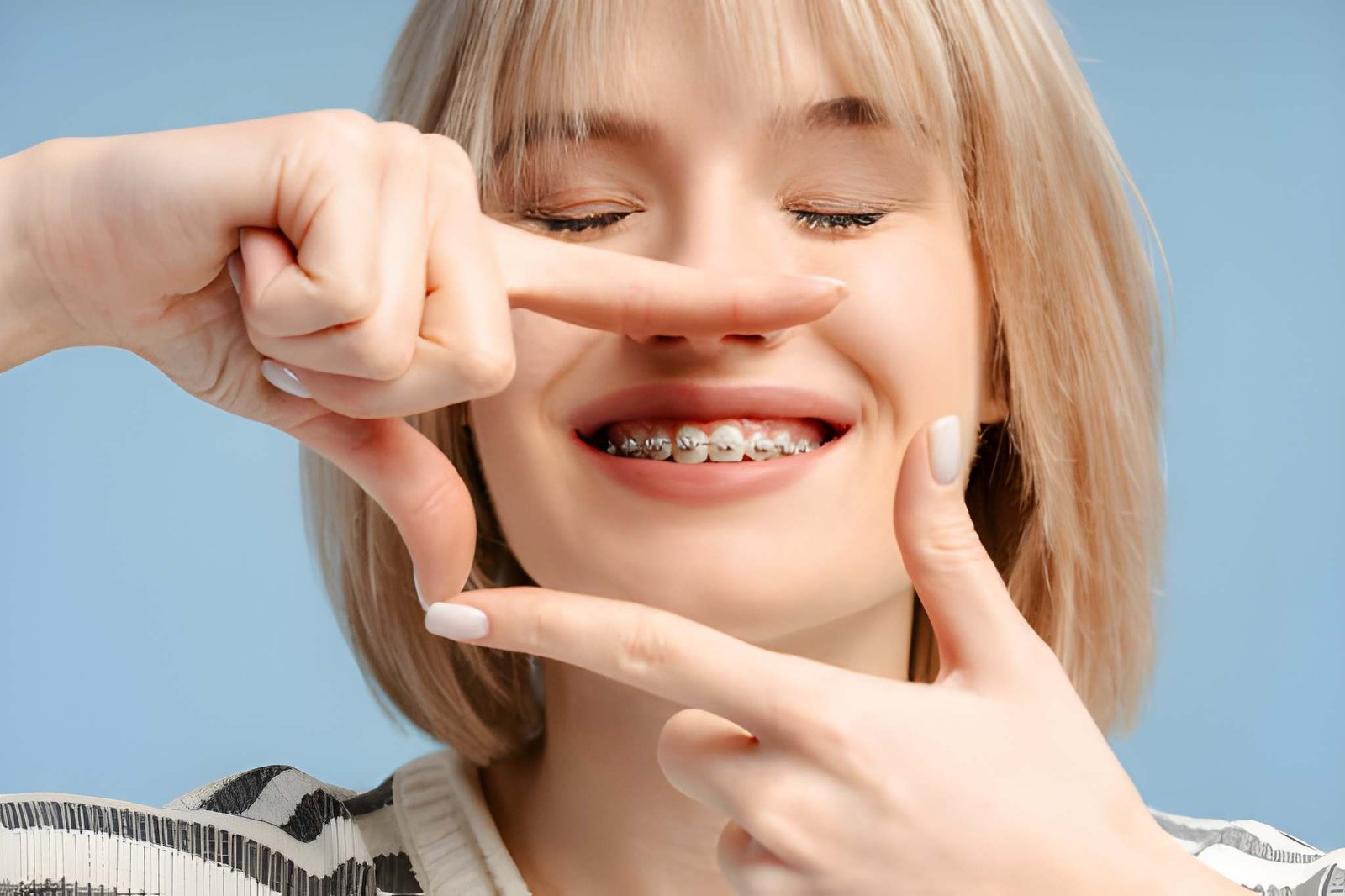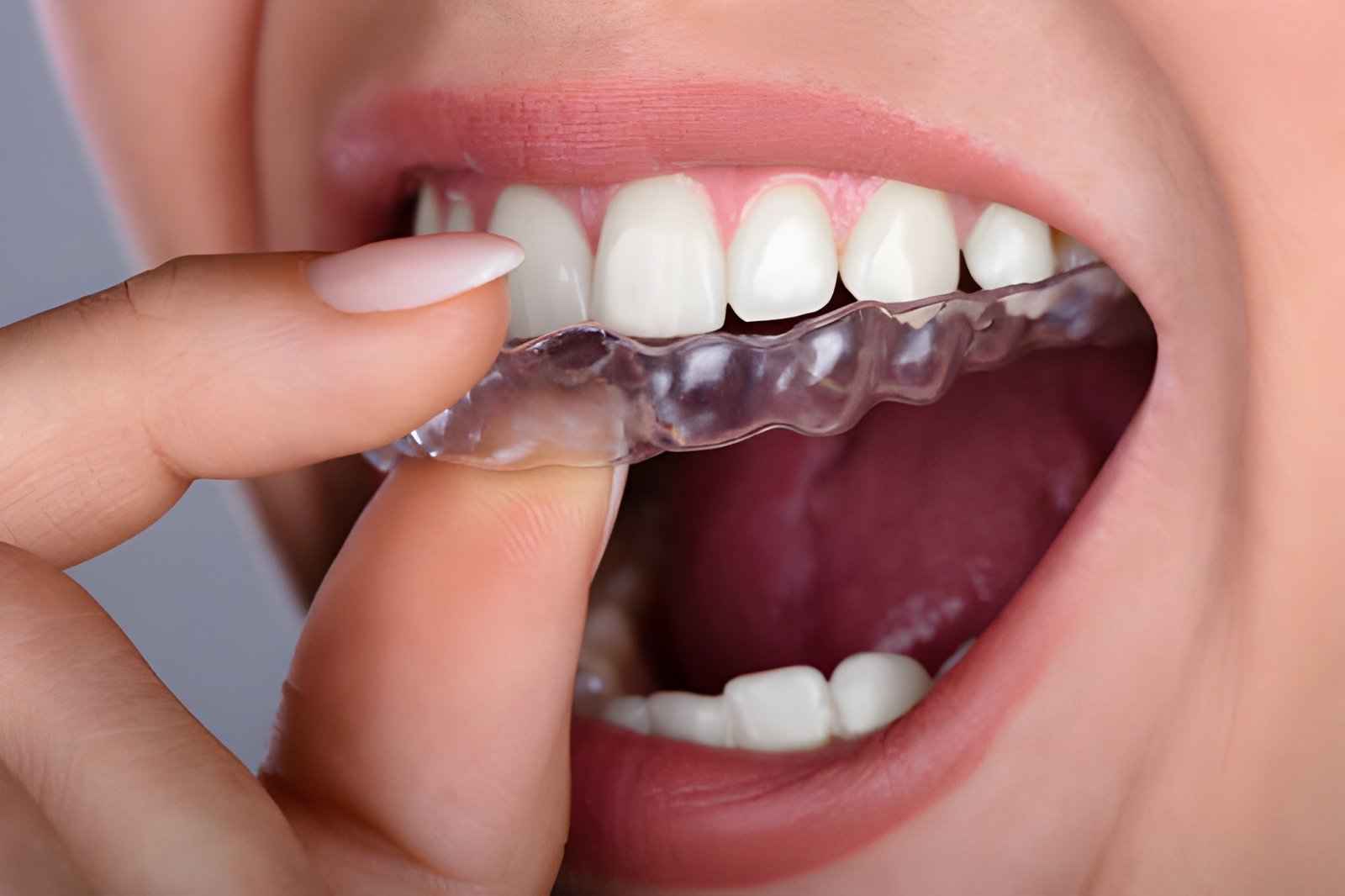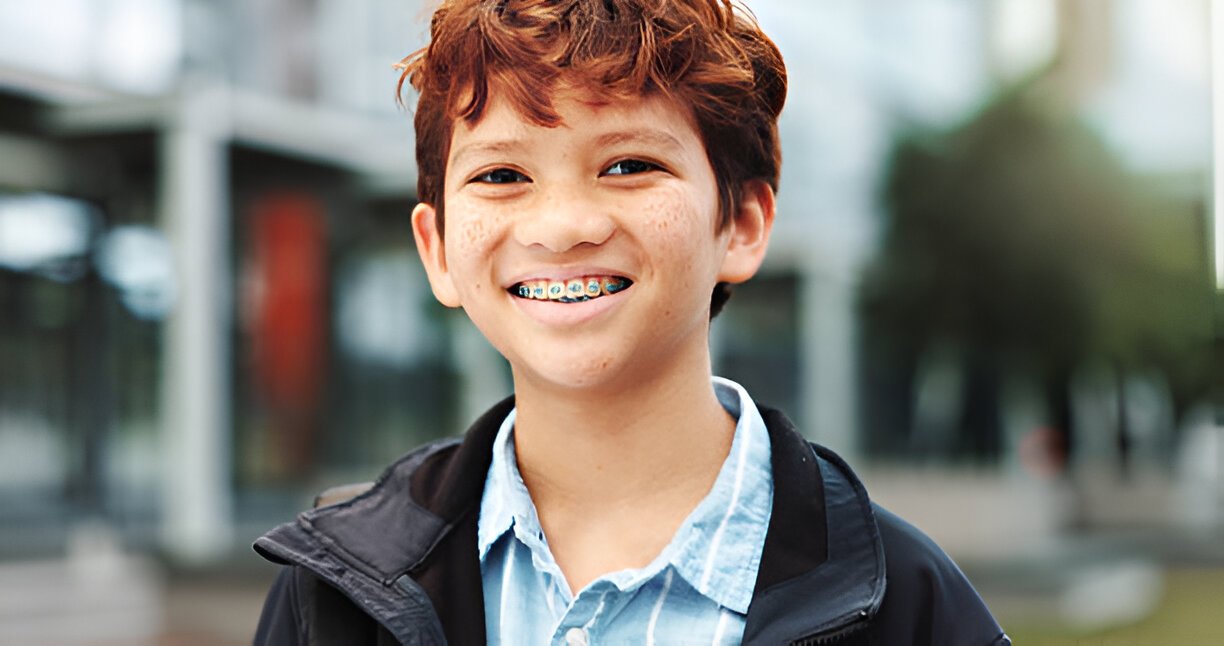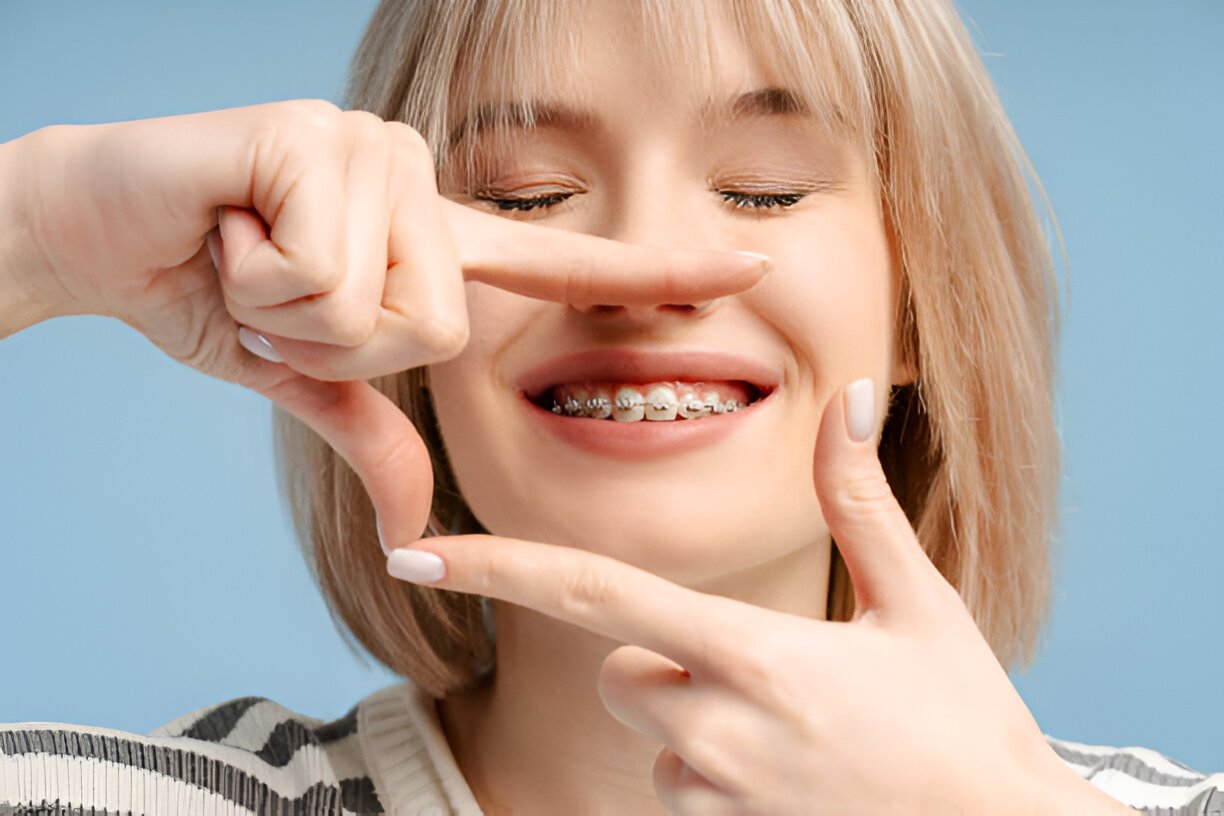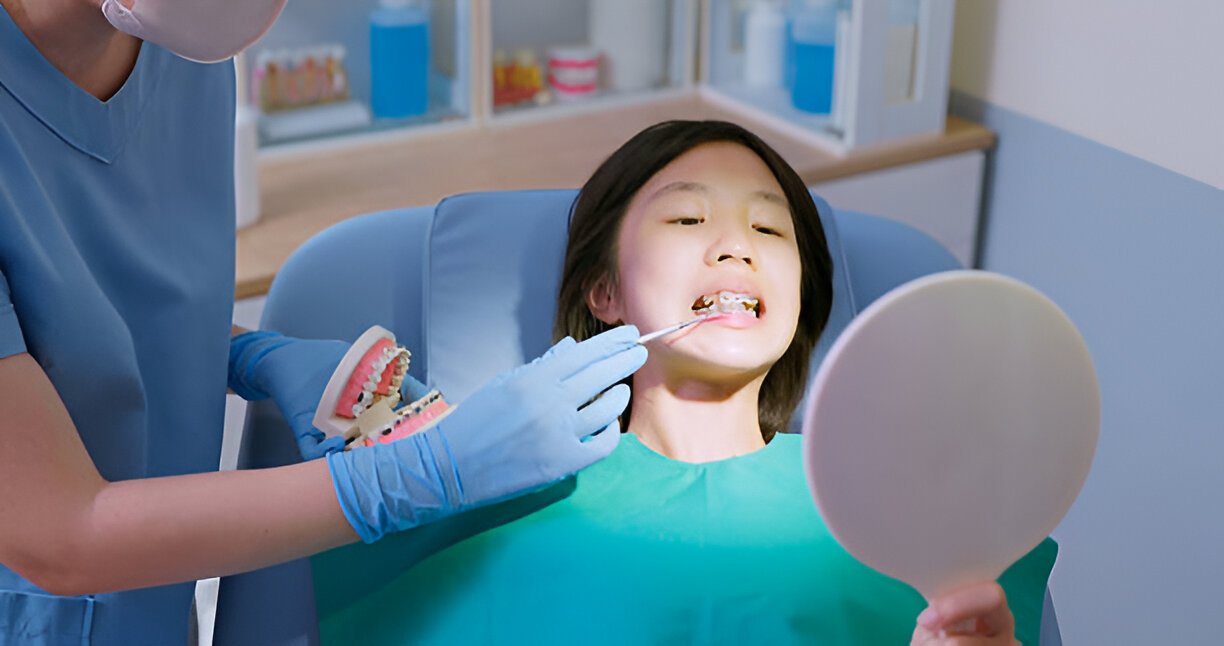Braces help straighten teeth, fix bites, and improve smiles. But one common question many people ask is: How many teeth do you need for braces? In this article, we’ll break it down simply. You’ll learn how many teeth are needed, why each tooth matters, and what happens if some teeth are missing. Whether you’re an adult or thinking about braces for your child, this guide will help you understand what to expect.
What Are Braces and Why Do We Need Them?
Braces are tools that move your teeth slowly into the right position. They help fix crooked teeth, gaps, and bites that don’t line up. Most people wear braces for 1 to 3 years. They make your smile look better and help keep your teeth and gums healthy.
Braces have small parts:
- Brackets – stuck to the teeth
- Archwires – connect the brackets
- Bands or elastics – help guide the teeth
Together, they push and pull your teeth into a better position.
What Foods to Eat and Avoid with Braces?
How Many Teeth Do We Have?
Adults usually have 32 teeth. That includes:
- 8 incisors
- 4 canines
- 8 premolars
- 12 molars (including 4 wisdom teeth)
Children have 20 baby teeth, which are later replaced by adult teeth.
For braces, most orthodontists work with 28 teeth, not 32. This is because wisdom teeth (the last molars at the back) are often not included in treatment. They don’t help with your bite and can cause problems. Many people even have them removed.
So, How Many Teeth Do You Need for Braces?
You don’t need all 28 teeth to get braces. It’s okay if some teeth are missing or haven’t grown in yet. What matters is having enough teeth for the orthodontist to plan your treatment.
Here’s a simple guide:
- If you have most of your adult teeth, you can usually get braces.
- If you are missing a few teeth, the orthodontist may still give you braces to help close gaps or prepare for future replacements.
- If you still have baby teeth, you might need to wait until more adult teeth come in – unless early treatment is needed.
In short, there’s no magic number of teeth required. It depends on your age, dental needs, and how many adult teeth are in place.
Are Braces Painful?
What If You Have Missing Teeth?
Missing teeth are common. Some people are born without certain teeth. Others may lose them due to injury or decay. If you’re missing one or more teeth, you may still need braces.
Here’s why:
- Braces can move other teeth into the right position.
- They can make space for a false tooth or implant in the future.
- They help improve bite and jaw health, even if teeth are missing.
Your orthodontist will look at your full mouth, not just count your teeth. They’ll decide what’s best for your case.
What If You Still Have Baby Teeth?
Children often ask this question. If your child still has baby teeth, it doesn’t mean they can’t get braces. Some children need early braces, called interceptive treatment, to fix serious problems early on.
But in many cases, it’s best to wait until all the adult teeth have come in. This usually happens between ages 10 and 14.
At your first visit, the orthodontist will take X-rays to see which teeth are present and which ones are coming in soon. They will guide you on the right time to start.
Do Braces Move Your Teeth Every Day?
Do Wisdom Teeth Affect Braces?
No. Wisdom teeth are not included in most braces plans. They grow in the back and don’t help with bite or smile alignment. Many people don’t even have space in their mouth for them. That’s why wisdom teeth are usually taken out before or after braces.
So, when we say 28 teeth for braces, that means all teeth except the wisdom teeth.
What Happens at the Braces Consultation?
When you visit the orthodontist, they will:
- Look at your mouth
- Take X-rays and photos
- Check how your teeth line up
- Count how many adult teeth you have
Then they’ll talk to you about your options. If you’re ready, they’ll make a plan and explain how the treatment will work.
You’ll also get a chance to ask questions, like:
- Do I need to wait for more teeth?
- What if I have gaps?
- Will missing teeth affect the result?
The orthodontist will give answers based on your smile and needs.
How Long Do I Have to Wear Braces?
Final Thoughts: It’s Not Just About the Number
So, how many teeth do you need for braces?
There’s no single number. Most people get braces with 28 teeth or fewer. The key is not how many teeth you have, but whether you need help fixing your bite, smile, or alignment.
If you’re thinking about braces, talk to an orthodontist. They’ll check your teeth and give you a clear plan. With their help, you can start your journey to a straighter, healthier smile.
Ready to Transform Your Smile?
At Visage Orthodontics Aberdeen, we believe everyone deserves a confident, healthy smile—no matter how many teeth you have. If you’re looking for expert care and personalised treatment for braces in Aberdeen, our friendly team is here to help. Whether it’s for you or your child, we’ll guide you every step of the way.
Book your consultation today and take the first step toward a straighter, healthier smile. Let Visage Orthodontics be your trusted choice for braces in Aberdeen.
📞 Call us now or visit our clinic to get started.
What is a Good Age to Get Braces?
Frequently Asked Questions
1. Can I get braces if I have missing teeth?
Yes, many people with missing teeth can still benefit from braces. At Visage Orthodontics Aberdeen, we personalise your treatment to align your remaining teeth properly and make room for future restorations if needed.
2. Do I need all my adult teeth before getting braces?
Not always. While most patients start braces after most adult teeth have emerged, early intervention may be advised in some cases. Our team will assess the right timing based on your dental development.
3. Are baby teeth a problem when considering braces?
Not necessarily. If your child still has some baby teeth, we may delay treatment or offer early orthodontic care to prevent future issues. We evaluate this during the initial consultation.
4. Are wisdom teeth included in braces treatment?
No, wisdom teeth are usually not included. At Visage Orthodontics Aberdeen, we focus on the 28 functional teeth. Wisdom teeth may be removed if they risk affecting alignment.
5. What happens if I have extra teeth or crowding?
Extra teeth or crowding can be managed through tailored treatment plans. We may remove select teeth or use braces to create space and ensure a healthy, balanced smile.
